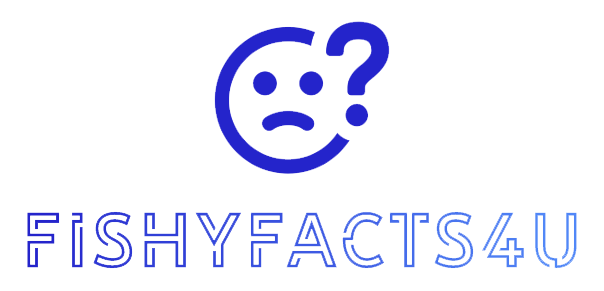Teacher Leadership

The phrase “teacher leadership” is used to describe a wide range of teacher’s responsibilities and teaching assignments. Although teachers can master the art of effortless teaching, create online courses, facilitating education in online and offline classes. It takes time for a teacher to become a leader. Teachers who result in change in their classrooms for the advantage of all students are known as teacher leaders. Outside of the classrooms, teacher leaders welcome the difficulties of interacting with colleagues, school authorities, and staff members as well as children and their families—to enhance their practice.
One of the misunderstandings in defining and analyzing teacher leadership is that “leadership” is not a post or title. Teachers who are appointed heads of their early grades departments or groups are common for most schools, however being a “team leader” is not the same as becoming a teacher leader.
Certain distinguishing features are exemplified by teacher leaders. While all teachers have some of these characteristics, only teacher leaders are able to incorporate them into their leadership style continuously and concurrently.
Characteristics of Successful Teacher Leadership
1.Expertise
Expertise of teacher leaders is shared with students. Expertise can take the shape of specific subject knowledge and competency (e.g., mathematics, socio- emotional development), as well as teaching abilities (e.g. educating with the use of technology, questioning strategies). Their knowledge could also include leadership abilities (e.g., aiding teams develop consensus, making information-related decisions).
Teacher leaders are gaining competence as they seek professional growth to assist them solve difficulties their groups have identified at the very same moment they are providing their skills. They want to gain from their peers, thinking that the group’s cumulative expertise is critical to effective teaching and learning, and they want to expand their knowledge and expertise.
- Extraordinary Communicators
Teachers who are in positions of leadership are outstanding communicators. The capacity to prioritise listening over talking and attempt to comprehend diverse perspectives is an important teacher leadership quality. To comprehend the problems and harness the knowledge of others, educational leaders explain, investigate, and synthesise thoughts and ideas. They also aim for open communication, in which all opinions are acknowledged and all options are considered. The goal of teacher leaders is to get their students to think beyond the box in order to solve challenges.
Integrity is one of their communication’s most important features. Teacher leaders speak in a professional and honest manner, expressing what is and isn’t working. Instead than avoiding unpleasant conversations, they identify where errors have happened and where improvements are required.
- Activists for Change
While most educators are subject matter specialists with strong communication abilities, teacher leaders stand out as agents of change.They take on projects and work hard to see them through to completion. Education is a sector that is continuously “transformed” in response to social, economical, and political context.
Changes may be prompted by the management of a school system (head of school, director, department of education) or by a governmental mandate, such as a revised federal or state law. Change may also be required within a grade-level unit or department, with the goal of assisting a specific group of kids. Backed by evidence that tasks ought to be done differently, teacher leaders may be the ones to begin changes. Teachers who are change agents help people create modifications that will have a substantial and good influence on kids in their schools, societies, and professions.
- Explorers
Teachers who lead an example are trendsetters. They do not require how to sell courses online platforms for developing curiosity and experimentation. They are early adopters, eager to test new ideas and uncover previously undiscovered “potholes” in novel efforts. They participate in pilot projects as volunteers and seek out professional learning ways to learn more about how to enhance their practice, share their knowledge, and cooperate with one another to solve challenges and achieve team goals.
Because they are ready to go first, teacher leaders reveal their inadequacies by being honest about their achievements and failings, which is a crucial component of their exploratory quality.
They display honesty, which is a key aspect of creating credibility, by revealing their failures and “tough lessons” with their coworkers while encouraging others to follow in their footsteps.




